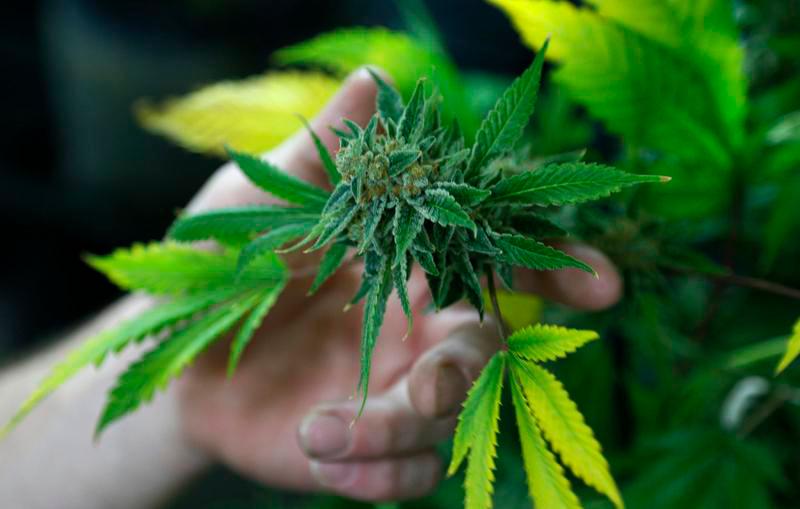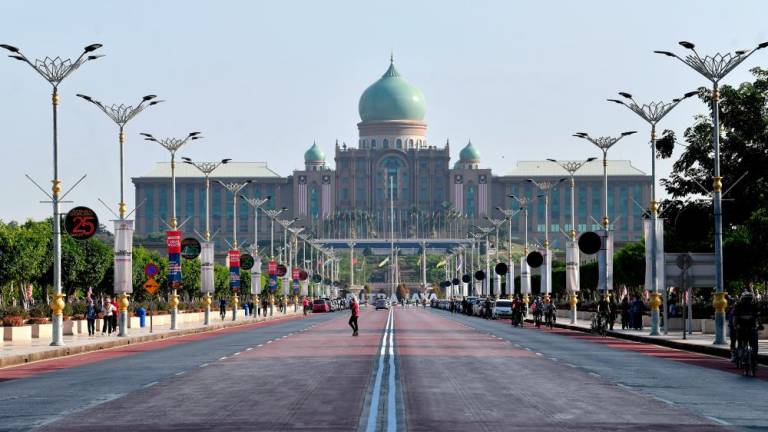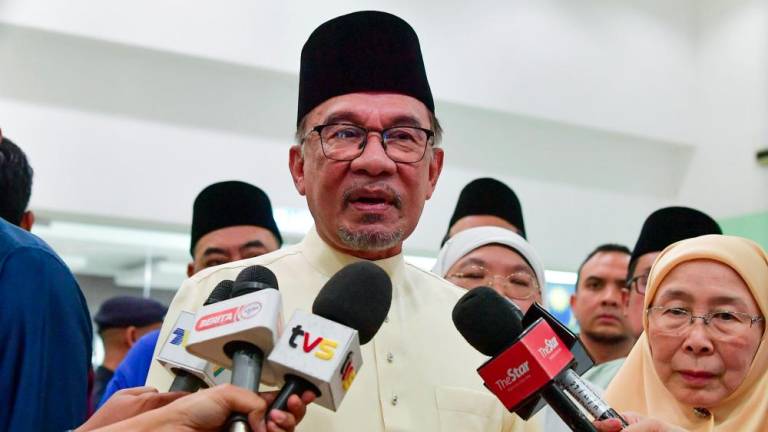PETALING JAYA: A recent proposal to legalise the use of medical marijuana and hemp has led to calls for more open discussions on the issue.
A doctor has pointed out that there is still a lot to learn about the impact of allowing marijuana use, while a youth group pointed out that such a decision should only be made through a better understanding of its benefits and drawbacks.
Youths.my, a youth-led social activist group, said an open and transparent discussion on the pros and cons of allowing the use of marijuana and hemp would be a step forward.
“Through a transparent and unprejudiced discourse, we will be able to generate accurate information on medical cannabis,” the group told theSun. Hemp and marijuana are both derived from the cannabis plant.
Recently, Muar MP Syed Saddiq Syed Abdul Rahman proposed that the government publicly address the issue of allowing its use in Malaysia.
Youths.my pointed out that behind-closed-door discussions would only restrict public accessibility to fact-based information and would stymie discourse on medical cannabis, particularly on the issue of decriminalising its use.
“If it is legalised, it could be made mandatory for a patient or individual, who wants to use it for its medical properties, to consult a healthcare professional to get a prescription,” the group said.
“This is based on the fact that it can become addictive.”
However, Youths.my said the issue of addiction should not be the sole criterion in any decision on the use of medical cannabis.
For instance, the group pointed out that alcohol and nicotine have addictive properties too, yet they are allowed.
“Similar to cannabis, the authorities should also combat potential substance abuse of both alcohol and nicotine,” they added.
They also said that if legalised for medical use, administering only appropriate amounts would be the way to address the issue of addiction.
Dr Lavinnia S. Ponnusamy, a medical officer in a government health clinic in Bintangor in Sarawak, said the use of medical cannabis is not part of the medical school syllabus.
“All we know now is what we learn from research and studies by external parties. We should have our own research on this,” she said.
However, she agreed that with proper controls in place it would be alright to allow the use of medicinal cannabis.
“The benefits are there for all to see. Studies in Canada have shown that medicinal marijuana and hemp are good for controlling seizures in drug-resistant epilepsy and psychiatric co-morbidity,” she said.
Lavinnia said patients with multiple sclerosis have also reported a reduction in pain, spasms, tremors, nausea, numbness, lack of sleep as well as bladder and bowel problems.
“It also alleviates tiredness, thereby improving mood and appetite, enhancing writing ability and boosting sexual functions,” she added.
She said that in countries where its use has been legalised, medicinal marijuana is also prescribed for flare-ups in certain autoimmune illnesses, post-traumatic stress disorders and any chronic pains that can no longer be dealt with.
Lavinnia agreed with the findings of a US research that while some people are able to stop using marijuana after their treatment ends, others become addicted to it.
“Basically, what we need are proper controls. It’s never good to have too much of anything. Knowing how to use it and keeping track of your progress should be alright,” she added. She said that if its use is legalised in Malaysia, people may be able to save money on costly medication.
The lack of research into the use of medical marijuana vis-a-vis other medications could be due to the fact that public healthcare in Malaysia is already heavily subsidised.
“But it will be helpful to find out if it can be an alternative for health problems that are resistant to conventional medication,” she added.














